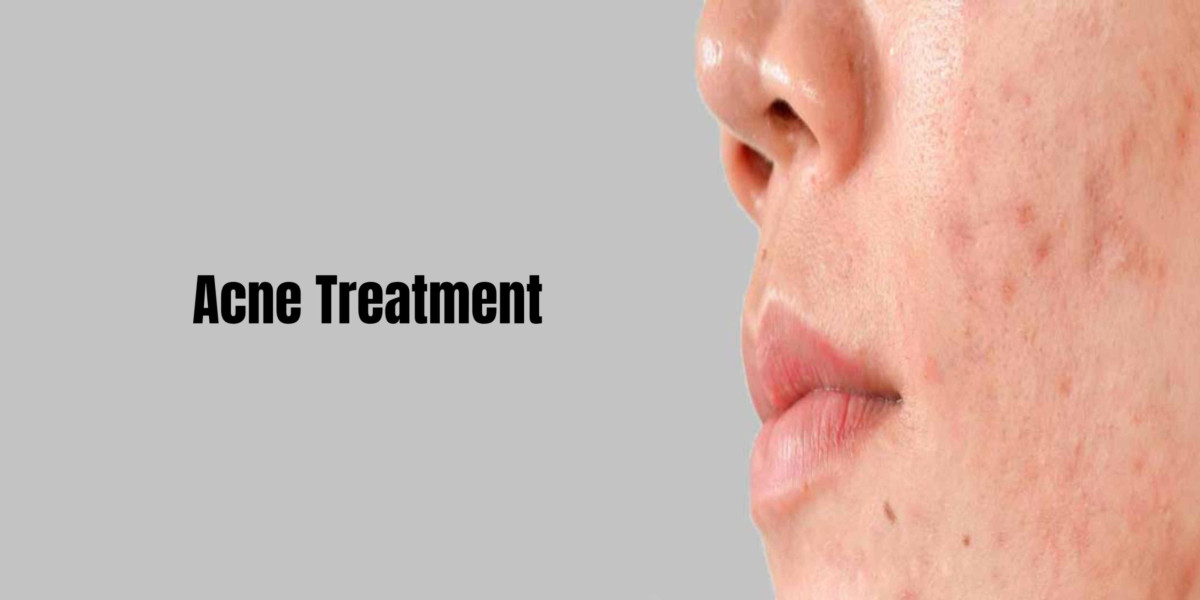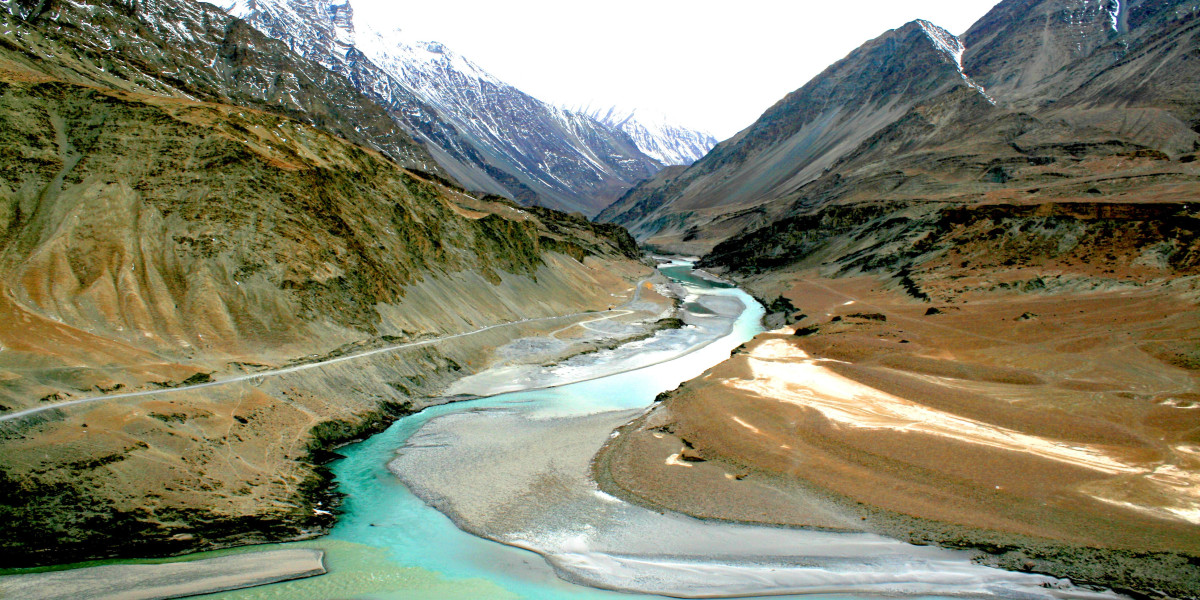Dealing with pimples is the most annoying thing ever to do. Pimples on your scalp can be as uncomfortable as those on any other part of your skin. Though it is normal to talk about pimples on the face and body, chances are rare that anybody would talk about getting pimples on the scalp. However, they are not expected to reach, but they still affect people. So, if you have noticed any sign of pimples on your scalp, it is time to delve deeper to understand more about them.
We have come up with this blog based on our recent conversation with Dr. Rasya Dixit at Dr. Dixit Cosmetic Dermatology Clinic. Being the Best doctor for acne treatment in Bangalore, she has shared her insights on acne on the scalp. So, continue to read to know more.
What Causes Scalp Acne?
Scalp acne is identified when pimples and breakouts occur on your scalp or hairline. Though acne can be a complex skin condition, it still generally happens due to the following:
- An increase in acne bacteria
- Inflammation in the blocked hair follicle
- An increase of sebum, or oil, production
- A buildup of dead skin cells and dirt in your hair follicle
- Hormones such as androgens hormones, especially testosterone
- Genetics
Types of Scalp Acne
The severity of scalp acne can vary from mild to moderate to severe. The common types of scalp acne include:
- Whiteheads (closed comedones)
- Blackheads (open comedones)
- Papules (Inflammed bumps)
- Pustules (Bumps filled with pus)
- Nodules or Cysts (painful pimples deep in your skin)
Symptoms of Scalp Acne
Scalp acne can be seen throughout your hair or along your hairline. The most observed scalp acne symptoms are:
- Itchiness
- Deep cysts
- Painful bumps on your scalp
- Whiteheads on your scalp or hairline
- Tiny bumps packed together
- Little bumps that you can feel
- Flesh-coloured bumps on your hairline or scalp
In some cases, acne can affect your emotions or self-esteem. Thus, it is common for people to feel embarrassed or even depressed due to acne.
Treatment Methods For Head or Scalp Acne
The treatment of acne starts when a dermatologist examines your scalp. But, if your scalp acne is the negative result of shampoo or other cosmetics, it will disappear. Still, it remains persistent there; the first thing you need to do is consult a dermatologist, who may suggest:
- Medical treatment includes creams and face washes containing alpha-hydroxyl acids, topical antibiotics, benzoyl, and retinoid creams. These products help to regulate the oil secretion, remove blackheads, and dry out the bumps. These together can be used for all grades of acne.
- Acne management can also be done with the use of oral antibiotics. These are typically indicated when the acne has more red and inflamed lesions. These antibiotics are given for up to 3 months, but if the doctor does not find any progress, a hormonal evaluation is done.
Final Words
Dealing with head acne is not common, but you should know just like every other problem has a solution, head acne can also be treated. If you are dealing with head acne, keep your scalp clean, avoid using harsh products, and consult the dermatologist before it gets too late.
You can consult Dr. Rasya Dixit at Dr. Dixit Dermatology Clinic. With over 20 years of experience and treating thousands of patients dealing with skin and hair issues, she is renowned as the best dermatologist in Bangalore. Whether you want acne treatment, chemical peel, or thread lift in Bangalore, you can consult her by visiting Dr. Dixit Dermatology Clinic today!








